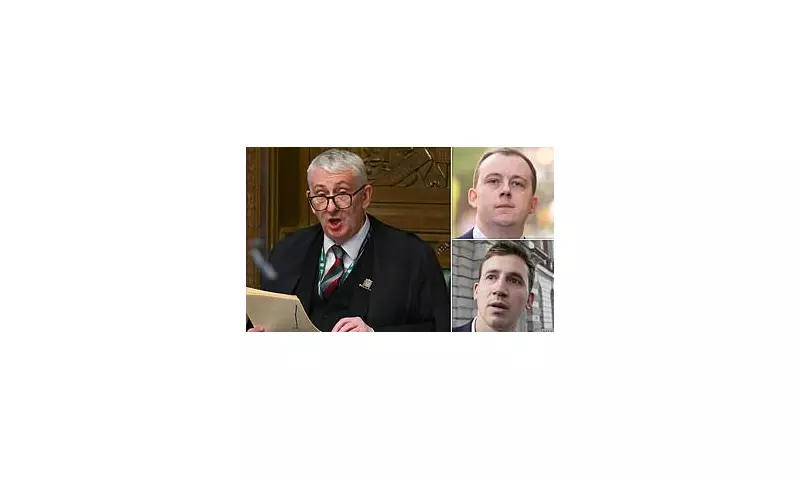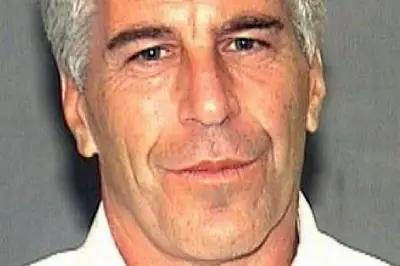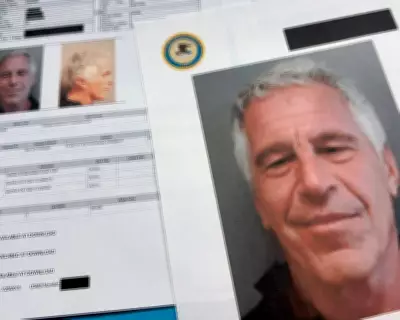
House of Commons Speaker Sir Lindsay Hoyle finds himself at the centre of a legal storm as he faces a private prosecution over his controversial handling of a high-profile espionage case involving three men accused of spying for China.
Legal Battle Over Parliamentary Security
The legal action, filed by former parliamentary researcher Catherine Philp, alleges that Sir Lindsay improperly intervened to prevent her from pursuing a civil claim against the accused men. The Speaker had invoked parliamentary privilege to block the case, a move that has now sparked this unprecedented private prosecution.
The three men at the heart of the scandal include researchers Christopher Cash and Christopher Berry, who stand accused of gathering information that could "directly or indirectly benefit China" while working within the UK's political sphere.
Espionage Allegations Rock Westminster
According to court documents, the alleged spying activities involved:
- Collecting sensitive parliamentary information
- Passing intelligence to Chinese authorities
- Operating within political circles while working for foreign interests
- Potentially compromising national security through their positions
The case has sent shockwaves through Westminster, raising urgent questions about the vulnerability of Britain's political institutions to foreign interference.
Speaker's Controversial Intervention
Sir Lindsay's decision to use parliamentary privilege to shield the case from civil proceedings has drawn significant criticism. Legal experts suggest this marks one of the most serious challenges to a Speaker's authority in recent parliamentary history.
The private prosecution argues that the Speaker overstepped his constitutional boundaries, potentially undermining the principle that no one, including parliamentary figures, is above the law.
National Security Implications
This developing story comes amid growing concerns about foreign state interference in British politics. Security services have repeatedly warned about the threat posed by hostile nations seeking to influence UK policy and access sensitive information.
The case against the three men represents one of the most significant espionage prosecutions in recent years, highlighting the ongoing battle against foreign intelligence operations targeting Britain's democratic institutions.
As the legal proceedings unfold, all eyes remain on how this extraordinary case will impact parliamentary procedures, national security protocols, and the delicate balance between parliamentary privilege and legal accountability.





